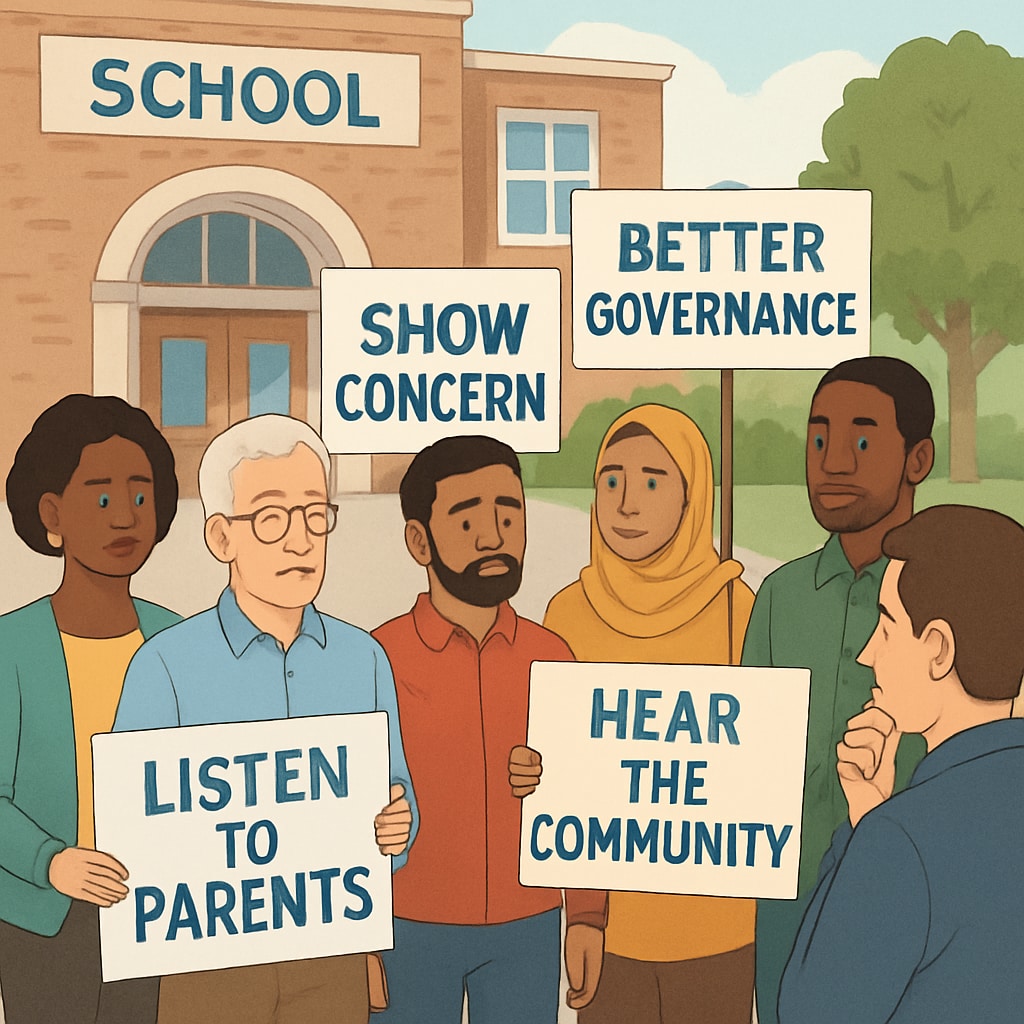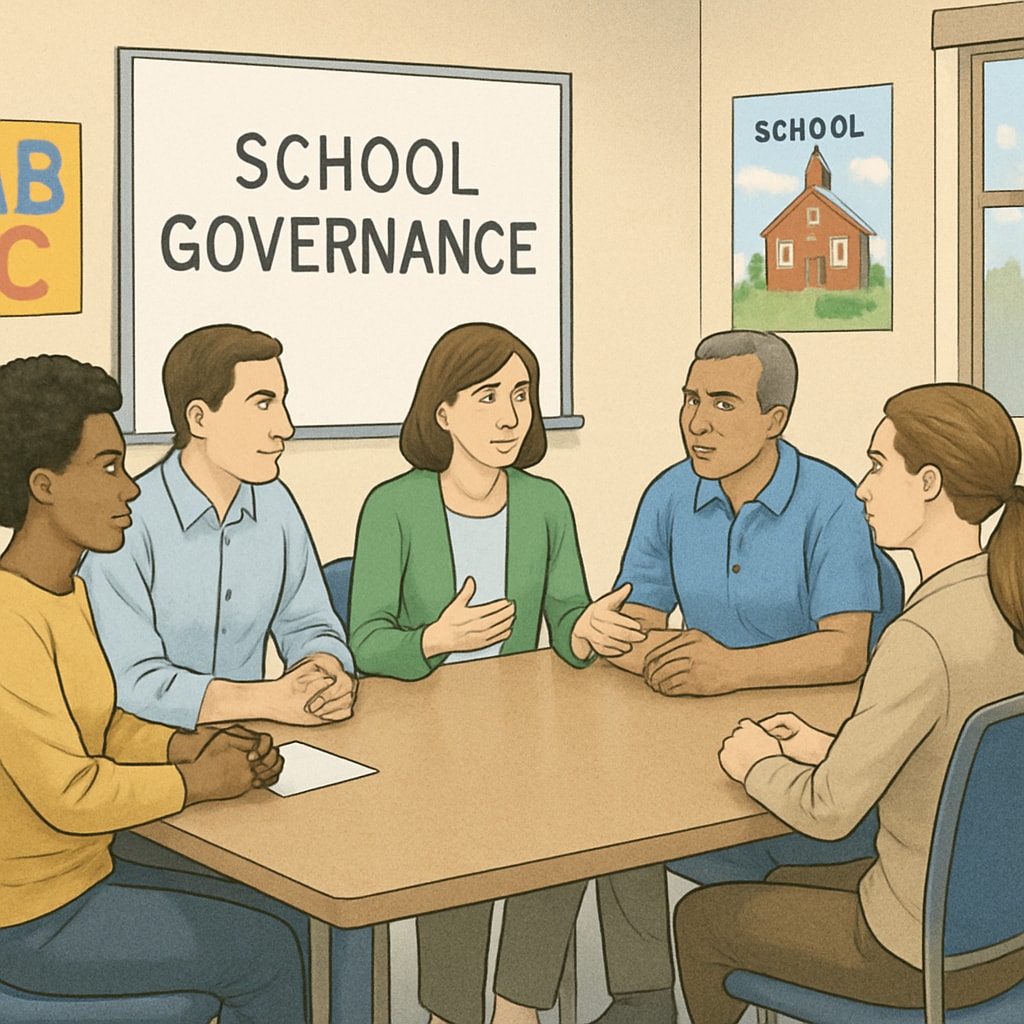When a school board member’s past includes allegations or convictions related to child abuse, it raises profound ethical concerns for the community. Questions regarding the appropriateness of their role in shaping school policies and overseeing student welfare dominate discussions. These issues highlight the need for transparent governance in education and the importance of providing safe environments for children to learn and thrive.

Why Transparency in School Governance Matters
School boards play a critical role in shaping educational environments, managing resources, and ensuring student safety. However, when board members have histories that conflict with these principles—such as allegations of child abuse—it raises questions about their suitability for the position.
For example, communities often expect these governing bodies to uphold the highest moral and ethical standards. The presence of individuals with a troubling past can undermine trust in the board’s ability to prioritize student welfare. Moreover, transparency allows for informed decision-making by both parents and educators while fostering accountability among board members.
- Reinforcing trust: Transparency in governance builds confidence within the community.
- Preventing conflicts of interest: Clear policies ensure unbiased decision-making.
- Safeguarding students: Background checks and accountability measures help protect children.
For more information about the role of school boards, visit School Board Overview on Wikipedia.
Legal Channels for Addressing Community Concerns
When community members identify a potential conflict due to a board member’s history, they often wonder how to take action within legal frameworks. Here are several steps that concerned residents can take:
- Petitions: Organizing petitions to raise awareness and demand action from school authorities.
- Public forums: Participating in school board meetings to voice concerns directly.
- Background checks: Advocating for mandatory checks to prevent future issues.
- Legal advice: Consulting lawyers or advocacy groups specializing in child protection laws.
In addition, communities can work with watchdog organizations to ensure ethical compliance in school boards. For example, groups like the Child Protection Overview on Britannica provide resources and support for safeguarding children in educational environments.

Creating a Safer Educational System
A transparent and ethically sound educational governance system requires proactive measures. Schools and communities can implement several strategies to ensure student safety while addressing concerns over board members’ qualifications:
- Background checks: Mandatory checks for all board members before elections or appointments.
- Ethical codes: Establishing clear ethical guidelines for school governance.
- Community oversight: Creating independent panels to review board activities and decisions.
- Open communication: Encouraging dialogue between schools, parents, and students to build trust.
These measures aim to safeguard not only the physical and emotional well-being of students but also the integrity of educational systems. By prioritizing transparency and accountability, communities can ensure that schools remain safe and supportive environments for learning.
As a result, addressing concerns about board members with troubling histories becomes not just a reactive measure but a proactive commitment to the future of education.
Readability guidance: Short, concise paragraphs and bullet lists improve accessibility for readers. Overuse of passive voice and complex sentences is minimized, ensuring clarity and engagement.


